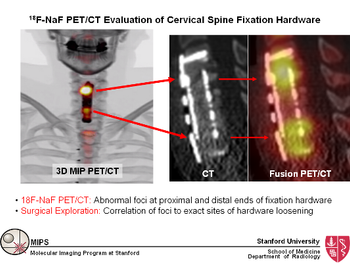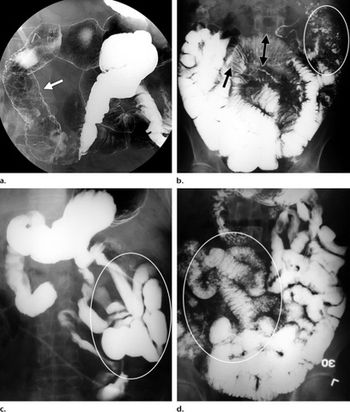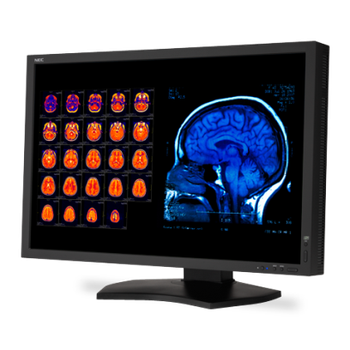
A formidably named bit of technology can open a new window into pancreas function, according to a new study in the journal Radiology. Serial magnetic resonance cholangiopancreatography (MRCP) with a spatially selective inversion-recovery (IR) pulse can provide insights into pancreatic flow noninvasively, Japanese researchers reported.



